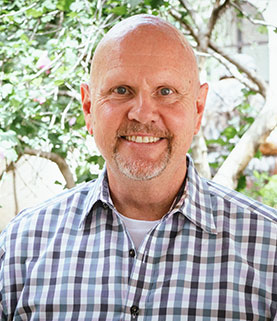
“Be more concerned with your character than your reputation, because your character is what you really are, while your reputation is merely what others think you are.” John Wooden (legendary basketball coach)
One of the Global Flourishing Study domains we’ll be talking about over the next few years is character and virtue. “Character” is a complex word. In fact, Merriam-Webster offers 25 nuanced definitions just for its use as a noun!
A simple working definition of character for our purpose is “the composite of mental and ethical traits marking the essential and unique nature of a person.” Or, as Coach Wooden said, character is who you really are.
Character, virtue, ethics, morality… they’re all related. And they’re all connected to flourishing.
Ancient Greek philosophers talked a lot about character, especially as it relates to the search for happiness. Eudaimonia (you-day-MO-nee-ah) – literally “good soul” – is a word they used to describe the best possible condition for a person: achieving maximum happiness by living a virtuous life.
Aristotle was big on character and virtue. His Nicomachean Ethics guided much of Christian philosophy into the 1600’s. The influential Dominican scholar, Thomas Aquinas (1200’s), incorporated a great deal of Aristotle’s teaching into his theology.
Of course, the Bible has a lot to say about character. In fact, you could argue that most of Scripture reveals the character of God and describes the character of those who follow Jesus (or don’t).
The Hebrew word hayil can refer to strength, valor, wealth, or virtue. The NIV scholars translate it “noble character” to describe a wife who is worth more than rubies and is her husband’s crown (Proverbs 12:4, 31:10).
In the New Testament, Paul uses the Greek word ethos in 1 Corinthians 15:33 when he describes the negative effect that “bad company” has on good character. This “character” can be defined as a person’s usual tendency, custom, or morals.
Godly character manifests itself in virtuous action. It looks like humility, integrity, justice, fortitude, courage, patience, and self-control. When godly character is present you see honest, ethical, and merciful. When it’s absent, you see dishonest, unethical, and unmerciful.
Which brings us back to the question: who are you… really? Asked another way, what do you do when no one is looking? If you’re a follower of Jesus, hopefully, you’re behaving more like him!
Recent Posts
Springtime is such a magical time of the year. When I say magical, I mean it seems like magic that my yard and flowerbeds transform from dull, gray,…
The summer before my freshman year of High School I went on my first student mission trip with my youth group. We traveled from Argyle, Texas, all the…
Reconnecting Have you ever gone way too long without seeing a group of friends? Then, the day comes that you’re once again reunited, and you can share space,…
Mark and Kafka The strangest short story I have ever read in my entire life was The Metamorphosis by Franz Kafka. It’s the story of a door-to-door salesman…





